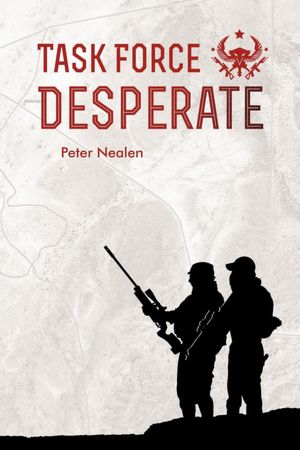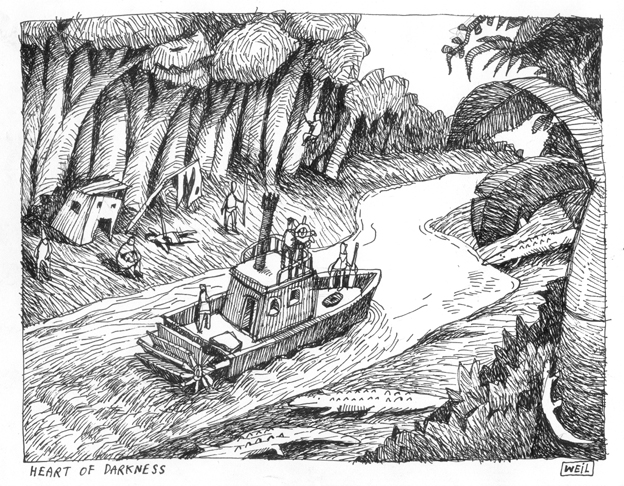At any given time, I'm in the process of reading 5-20 different books.
Simultaneously.
Now granted, some of them may take years to finish; some of them months; some of them weeks (the ones I need to write reviews for are priority). Well, here's one of them. I bought House to House by David Bellavia for my Kindle a while back, for no particular reason other than I was curious about conventional combat in Gulf War II and this memoir about the battle for Fallujah seemed like it might enlighten me. (Obviously I bought it when I wasn't swamped, like now.)
It sat on my cyber-shelf for quite a while, collecting dust, but then I began working on the sequel to Hell and Gone. The sequel has some house-clearing action, and my own limited MOUT (Military Operations in Urban Terrain) experience is probably as outdated as the technology... and, well, heck, everything else my creaky old civilian self remembers. Now where can I find some reference material on this subject? Why, right here in my Kindle! Sha-zam!
Just in case I've fooled some of you into thinking I have half a brain, let me confess that I began my military service as an E-1 in the Airborne Infantry. I volunteered for it. In fact, once my ASVAB results came back, the recruiter told me I could choose any MOS the Army had--you know, all those nifty ones in the commercials that have plenty of overlap into civilian occupations.
Nope. Not me. I wanted a dead-end slot in the one MOS with absolutely no civilian application: Grunt.
Strip away all the extra alphanumeric characters from my MOS and what I am is an old 11B. Eleven-Bush. Eleven-Bulletstopper. I was trained to get there by parachute, but once I got there, I was a ground-pounder. Line doggie. Light infantry, baby. Hoo-wah! Woof, woof! Ui, ui, ui, aaaaah-uhhhrrrrr! We like it, we love it, we want more of it, blood makes the grass grow greener!
Ahem. Yeah, okay, I was stupid. If I had the youth and health (and inclination) to join the military today, I guarantee I'd do everything different.
But ya know what? I'm kinda' proud I did what I did, too. And so, while reading the prologue of Bellavia's book, he struck a chord with me. He was a leg, and mech, at that; but I couldn't help but feel some cross-generational solidarity with him when I read this:
Dust cakes our faces, invades our sinuses, and stings
our eyes. The heat bakes the moisture from us with utter relentlessness.
Our body temperatures hover at a hundred and three. Our ears ring. On
the edge of heat exhaustion, we get dizzy as our stomachs heave.
We have the spastic shits, with stabs of pain as our guts liquefy
thanks to the menagerie of local bacteria. Inside our base's filthy
outhouses, swarms of flies crawl over us. Without ventilation, those
outhouses are furnaces, pungent with the acrid smell of well-cooked
urine.
All this, and we get shot at, too.
Welcome to the infantry. This is our day, our job. It sucks, and we
hate it, but we endure for two reasons. First, there is nobility and
purpose in our lives. We are America's warrior class. We protect; we
avenge. Second, every moment in the infantry is a test. If we measure up
to the worst days, such as this one, it proves we stand a breed apart
from all other men.
Where we work, there are no
cubicles. There are no break rooms. Ties are foreign objects; we commute
in armored fighting vehicles.
Our workplace is
not some sterile office or humming factory. It is a stretch of desolate
highway in a vast and empty land. A guard tower burns in the background.
Shattered bodies litter the ground around us. Vacant corpse eyes,
bulging and horror-struck, stare back at us.
The stench of burned flesh is thick in our nostrils. This was once an Iraqi Civil Defense Corps (ICDC) checkpoint, designed to regulate traffic in and out of Muqdadiyah, one of the key cities in the Diyala Province. Thanks to a surprise attack launched earlier in the morning, it is nothing more than a funeral pyre. We arrived too late to help, and our earnest but untrained allies died horribly as the insurgents swept over them. One Iraqi soldier took a direct hit from a rocket-propelled grenade (RPG). All that's left of him are his boots and soggy piles of bloody meat splattered around the guard tower.
The stench of burned flesh is thick in our nostrils. This was once an Iraqi Civil Defense Corps (ICDC) checkpoint, designed to regulate traffic in and out of Muqdadiyah, one of the key cities in the Diyala Province. Thanks to a surprise attack launched earlier in the morning, it is nothing more than a funeral pyre. We arrived too late to help, and our earnest but untrained allies died horribly as the insurgents swept over them. One Iraqi soldier took a direct hit from a rocket-propelled grenade (RPG). All that's left of him are his boots and soggy piles of bloody meat splattered around the guard tower.
This is our
workplace. We began to acclimate to such horrors right after arriving in
the country.
While on our second patrol in Iraq, a civilian candy truck
tried to merge with a column of our armored vehicles, only to get run
over and squashed. The occupants were smashed beyond recognition. Our
first sight of death was a man and his wife both ripped open and
dismembered, their intestines strewn across shattered boxes of candy
bars. The entire platoon hadn't eaten for twenty-four hours. We stopped,
and as we stood guard around the wreckage, we grew increasingly hungry.
Finally, I stole a few nibbles from one of the cleaner candy bars.
Others wiped away the gore and fuel from the wrappers and joined me.
As for the rest of the book, I'll see how it shapes up. And for all you other grunts who might find this blog post, young and old, Army or Marines, Airborne or Air-Assault, straight leg or mechanized, Gulf War II, Gulf War I, Panama, Grenada, Vietnam, Korea...and everything in between, I salute you as a brother.
You can take a man out of the infantry, but it's hard to take the infantry out of the man.



